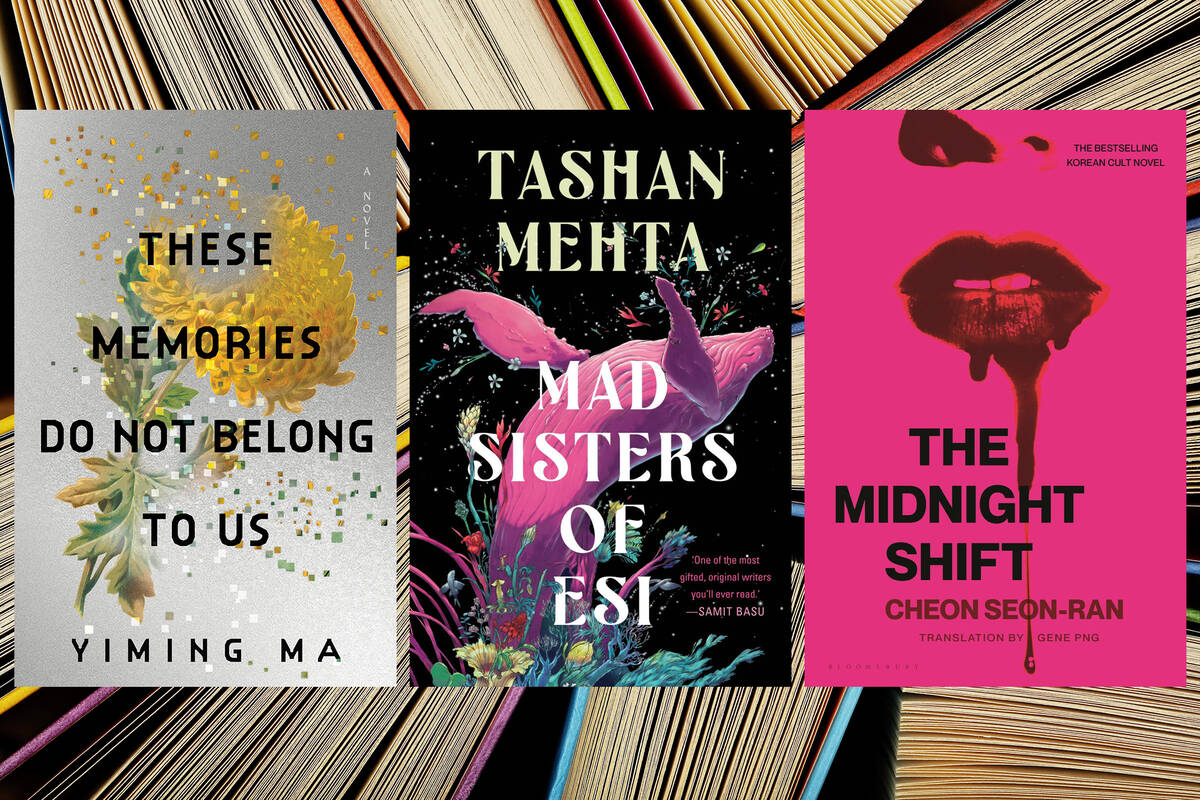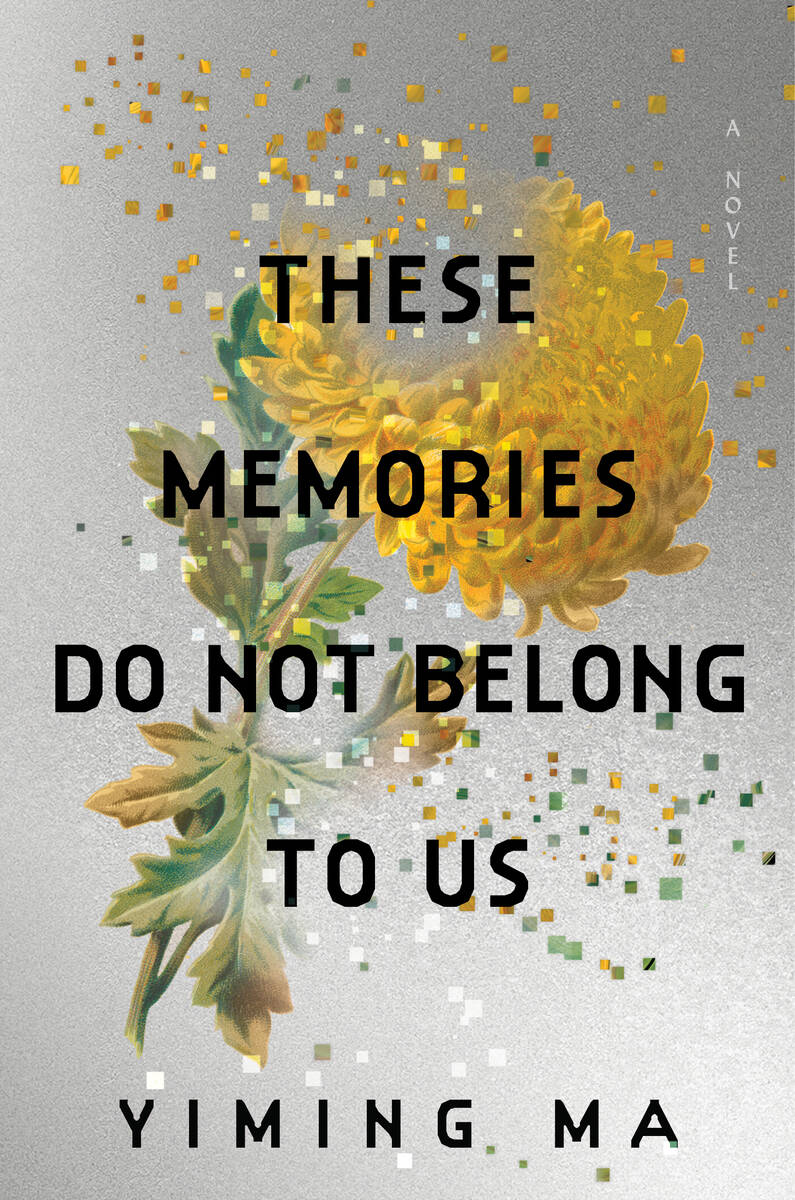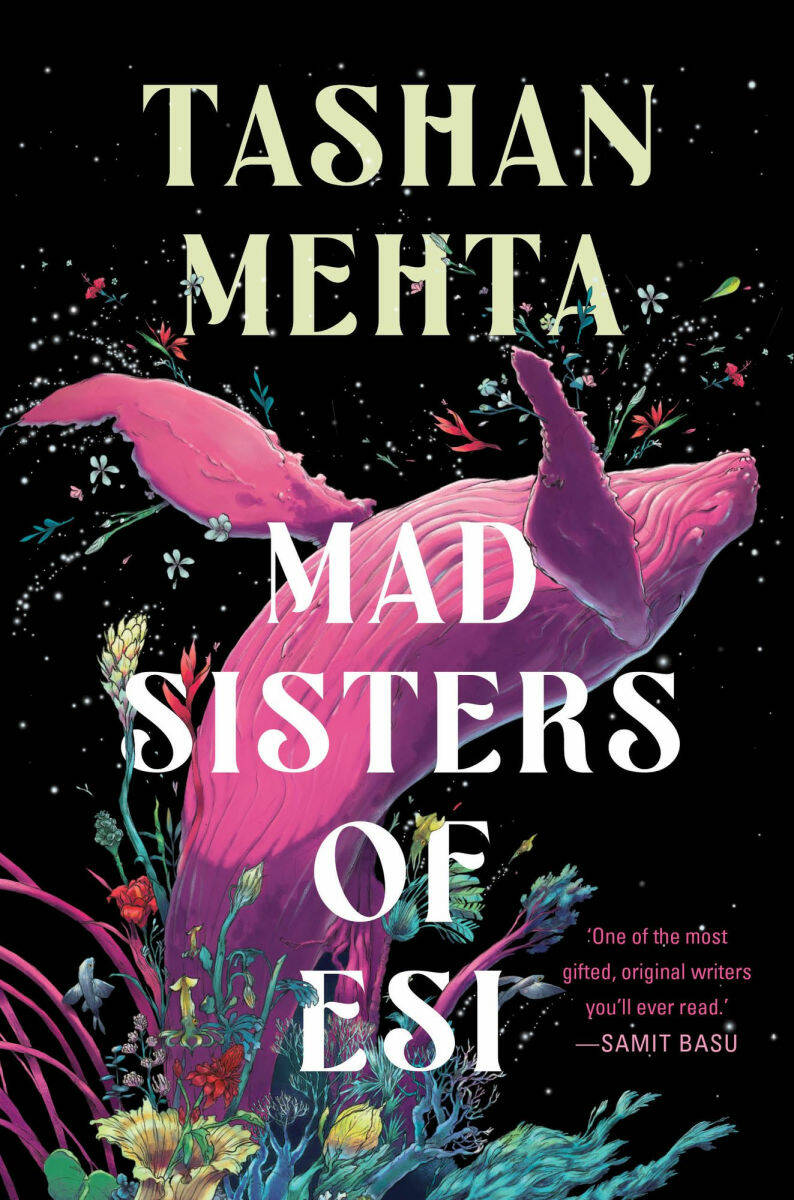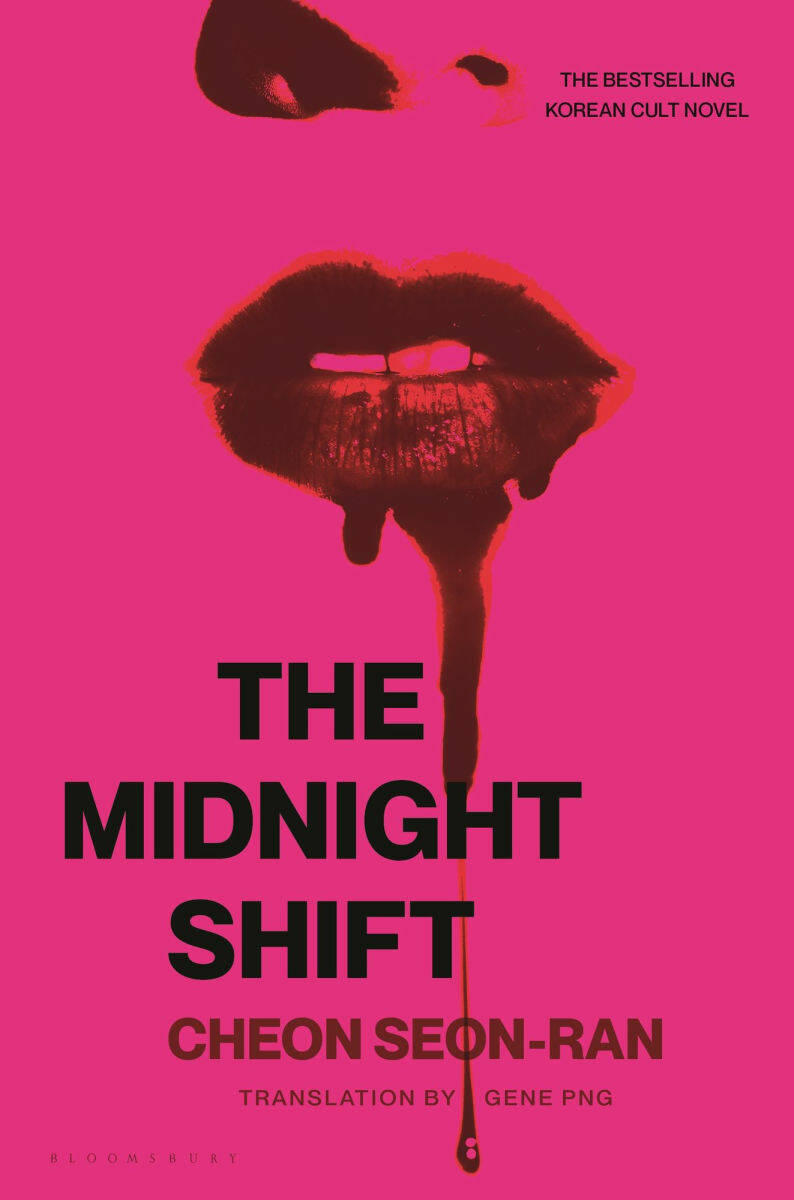Three delightfully strange new sci-fi and fantasy books
Speculative fiction is often at its best when it’s weird: Just ask Philip K. Dick. Thank goodness some authors have been embracing the bizarre lately, as exemplified by three new books about mental censorship, a pocket universe inside a cosmic whale and a vampire who only preys on the lonely.
These Memories Do Not Belong to Us by Yiming Ma
In Ma’s novel, a technology called Mindbanks lets people record their memories. This spurs a wave of innovation that allows a future China, renamed Qin, to conquer the world. A nameless first-person narrator has inherited a trove of contraband memories from his mother and has decided to share them with the world since he’s doomed to be arrested by the Party simply for possessing them. What ensues is a collection of linked stories, each of which represents a forbidden memory.
Stories about sharing memories are having a moment right now — I wrote about a few others last month — but Ma seems mostly interested in how memories are packaged into narratives, and how government censorship can distort the process. “These Memories” shines when it depicts such future events as the destruction of Japan and the conquest of the United States. Ma movingly depicts taboo relationships, such as when a Chinese boy befriends the child of a subjugated American diplomat, and dramatizes how fanatical devotion to the government can lure people to their own destruction.
“These Memories Do Not Belong to Us” falls flat at times — a handful of the stories feel out of place because they could not possibly have been sourced from anyone’s recorded memories. We are told Mindbanks spurred technological progress, but we never get to see this in action. Ma also fails to give his multitude of first-person narrators noticeably different voices. Overall, though, I enjoyed the individual stories, many of which are about selfish people realizing their mistakes too late.
Mad Sisters of Esi by Tashan Mehta
I have been exhorting all my friends to read this breathtakingly gorgeous book, but it is nearly impossible to summarize. Two sisters, Myung and Laleh, live inside the whale of babel, which swims through space and contains an entire universe inside its skin — but Myung is determined to leave the whale and see the universe beyond. Myung’s quest leads her to the story of two other sisters, Wisa and Magali, who live on Esi, a shape-shifting island that descends into barbaric chaos once every century.
“The Mad Sisters of Esi,” already an award winner in India, is dreamlike in the best possible way, crammed with haunting images and mind-blowing ideas on every page. In Mehta’s telling, madness takes on many meanings, including an ability to see the past and future as well as a hunger to create worlds, and the fear of it is used to enforce conformity. But when the story takes us to another island where everyone claims to be mad, they are just as conformist and rigid, obsessed with control.
At the heart of the story is the pair of sisters, separated and searching for each other, using time travel, ghost visitations, dreams and storytelling to reconnect. When the landscape changes like water, and time can be reshaped, all people have is one another. “Sister is a careful word,” Mehta writes. “You have to love and hate each other … You have to be slightly mad to love like that.” Theirs is a journey of ongoing loss, and sadness takes a central role: Even unraveling the mysteries of the whale becomes cause for mourning, because, as Mehta observes, things lose their power when you understand them. “The Mad Sisters of Esi” both demands and rewards a second reading, and it is a strong contender for the year’s best novel.
The Midnight Shift by Cheon Seon-Ran, translated by Gene Png
A wave of suicides at a rehab facility strikes a detective named Suyeon as suspicious — even before a mysterious woman named Violette claims a vampire is killing these lonely elderly people. Through flashbacks to 1983, we learn how the teenage Violette befriended a girl who could only go out at night, and a complex picture of vampire politics emerges. But Suyeon and Violette are running out of time to take down the serial killer vampire before he kills someone close to Suyeon.
In Seon-Ran’s world, vampires prefer to kill the lonely — not because they won’t be missed, but because lonesome blood tastes better. “The Midnight Shift” delves into the causes of human loneliness as methodically as a detective sifting clues. Some people are simply too unusual, others too aware of the world’s darkness. At one point in the 1980s narrative, the young Violette reflects that people start becoming lonely the moment they let go of their childish fancies, because nothing in the adult world can compare with a child’s imagination.
“The Midnight Shift” is written in a simple, matter-of-fact style. The characters’ emotional turmoil builds up so slowly that it is almost imperceptible, until it erupts in startling ways. There are two separate scenes in which a character rages at a fresh corpse for leaving her behind. Perhaps that is the real cause of loneliness: People make you need them, and then they disappear. Or as one vampire explains, “It’s truly remarkable how the one who saves you can be the one who kills you.”


















